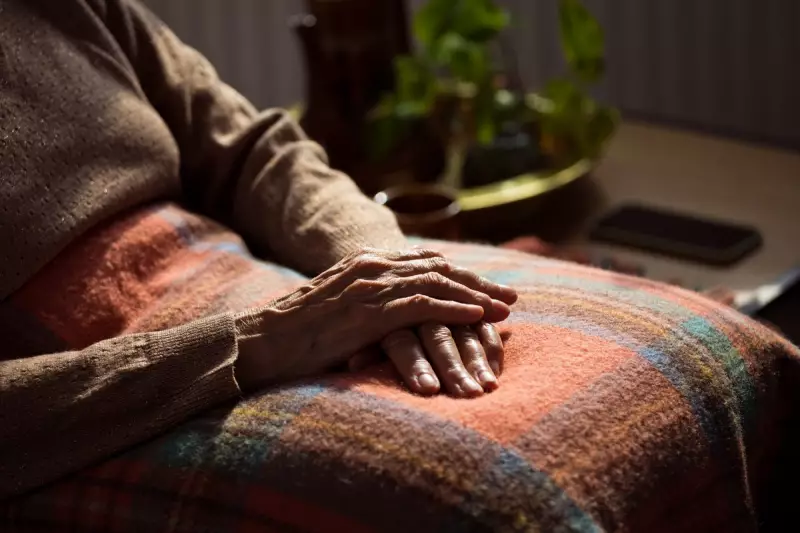
Hundreds of thousands of Britain's most vulnerable pensioners are facing a financial timebomb that could leave them struggling to heat their homes during future winters, according to alarming new government data.
The 2026 Deadline: What Every Pensioner Needs to Know
Analysis of Department for Work and Pensions figures reveals a startling reality: approximately 850,000 elderly households currently receiving Pension Credit have not yet applied for Winter Fuel Payments. These crucial payments, worth between £250 and £600 depending on circumstances, provide essential support for heating costs during the coldest months.
The situation becomes increasingly urgent as a major policy change approaches. From 2026, Winter Fuel Payments will transition to a application-based system, ending the current automatic payments for new Pension Credit claimants.
Who's Most at Risk?
The data paints a concerning picture of regional disparities across the UK:
- London shows the lowest uptake with only 46% of eligible pensioners registered
- South East England follows with just 48% coverage
- Eastern England records only 49% of eligible households receiving payments
These figures contrast sharply with better-performing regions like the North East, where 63% of eligible pensioners receive the support they're entitled to.
Why This Matters Now
With energy prices remaining volatile and winter temperatures unpredictable, these payments represent a crucial financial lifeline for elderly households. The transition to an application system in 2026 means that procrastination could prove costly for those who miss the deadline.
How to Secure Your Payment
Pensioners or their families should take immediate action by:
- Checking eligibility for Pension Credit through the government's online portal
- Applying for Winter Fuel Payments simultaneously when claiming Pension Credit
- Seeking assistance from Age UK or other elderly support charities if needed
The message from welfare advocates is clear: don't wait until 2026. Taking action now ensures continuous support through future winters and prevents potential gaps in essential heating assistance.





